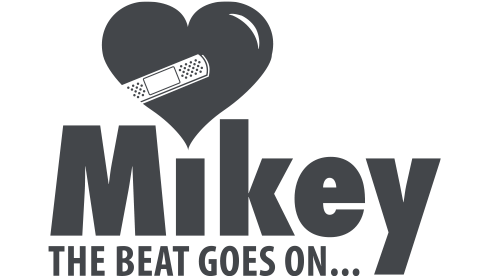Leading up to Father’s day this weekend, the Canadian Men’s Health Foundation has declared June 11th – June 17th, as Men’s Health Week in Canada. The week takes aim at creating a conversation among men about what they need to do to remain healthy. With recent news stories about men’s health declining across the country, with one story sharing that 72% of Canadian men are borderline unhealthy and/or unhealthy, it’s worth taking note of ways that men across Canada can improve their health.
The Mikey Network wants to contribute to this change, so we’ve compiled some tips and resources that men can use to better their health.
Tips and Resources on Bettering Your Health
Canadian Men’s Health Foundation
We want to begin by recommending the Canadian Men’s Health Foundation website. It has some wonderful stories about men who have taken steps to better their health, and offers resources on ways that men can improve; including this excellent chart of when you should regularly go for check-ups on your heart health, blood pressure, skin, and much more.
Associated with the Canadian Men’s Health Foundation website is their brother site dontchangemuch.ca. This site goes further into ways that you can improve your health, including diet tips, ways that you can stay active and how you can even do check-ups or tests on yourself; including how to perform a testicular self-exam.
Heart Healthy Recipes
One’s diet is highly important to a man’s overall health, which is why at The Mikey Network we’re happy to share heart-healthy recipes that we’ve accumulated. These recipes, curated by our Registered Dietitian, Marsha Rosen, are meals that are simple and that you can use throughout the day. Check out our Heart Healthy Recipes page to learn about the 25 different recipes that you can use for a heart-healthy diet.
Physical Activity
Keeping an active lifestyle is essential to having a healthy and longer life. If you haven’t been as active in recent years, it can be incredibly hard to to get back into a regular routine though.
Those who are looking to get back into regular physical activity will often begin simply by signing up for a sport, or by doing a non-stressful activity like walking. Both of which are easy ways to introduce yourself back into a regular routine. Doctors will often recommend that three to five hours of walking or of vigorous exercise a week is the optimum for improving health.
If you’re completely lost, we recommend looking at participactions website. They have a wide variety of guides and recommendations on sports or activities that you can do to become active again; ranging from rock climbing to volleyball.
Quit smoking
There have been countless studies stating that smoking can be detrimental to one’s health. By reducing or removing smoking from your daily routine, you can see positive benefits to not only your heart health but the rest of your body as well.
If you’re interested in quitting, the government of Ontario has a page dedicated to helping you quit your smoking habit, which even includes a smokers helpline. Reach out to them today if you’re interested in taking the first steps towards a healthier you.






















